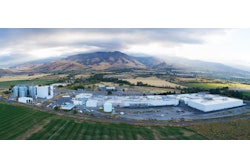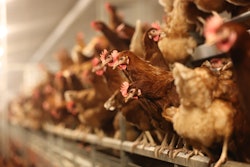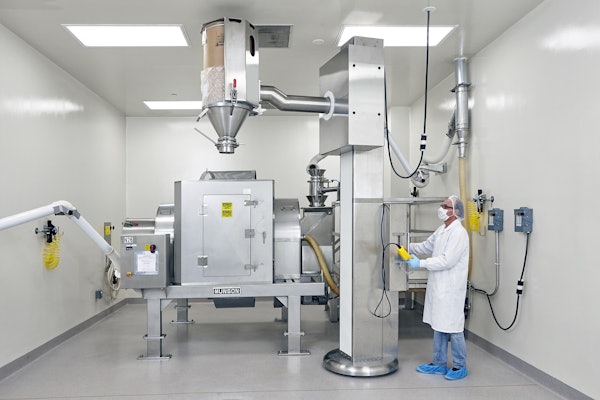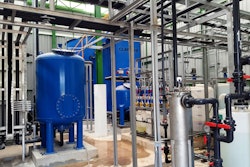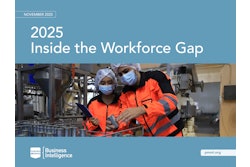Hi, I'm Dylan deThomas, I’m the lead state policy advocacy efforts for The Recycling Partnership, and I'm here at the PSI Forum in the Greater Chicagoland area.
I'm here to give you a little bit of an update as to what's happening now in the next 6 months in the world of EPR, extended producer responsibility.
Right now we're in an extremely active part of the year, for EPR where we're seeing a lot of advocacy.
We still have a very big active, bill in New York state that would be almost a companion to California's SB 54 that would mandate a great deal of reuse and refill as well as plastic, packaging reduction of 30%, that is currently being voted on in the next few weeks.
We also just saw the second iteration of the draft regulations come for California's EPR law, that, is currently being.
Worked on comments just came in last week and we expect that to go through a rapid regulatory process with those regulations finalized in early 2026.
Also we saw recently the passage of two of the most recent EPR laws, Maryland and Washington state, both of them were signed by their governors, and they really continue, an exciting trend in EPR of harmonization, where both of those EPR laws were based on last year's Minnesota bill which was really the first EPR law that that we saw had intentional harmonization efforts within the law.
Of course the hope is that these laws are impactful but also easily complied with, which is I think really important for your readers as we move forward.
And then in addition—and I think maybe I'm burying the lead here—but we're seeing the first EPR law to be implemented, in July 1, 2025.
You'll see Oregon's EPR law, turn on, although I say turn on, but really it's more of a dial than a switch, and what I would give advice to producers that are confused and don't know what their obligations are.
I think the simple, the simple step would be to register with the producer responsibility organization which is called Circular Action Alliance (CAA), and they will be able to give you at least the information that you'll need to be able to make the decision yourself as to whether or not you are an obligated producer.
If you suspect you are, you likely are, and you will then, once you have that interpretation, then you will be, the great team at CAA has set up, all sorts of portals and has information that's available to you so you can comply.
And register and ultimately pay the correct fees for the amount of packaging that you're putting on in that state and that will be true in all of the various states where they're setting up teams they're working on fee schedules, etc. Next year we'll see Colorado to be the second state to have their EPR law enacted or implemented rather that launches in 2026 July, and then we will see it in California in 2027, before it really starts ramping up in ‘28 and ‘29 with the rest of the states.



